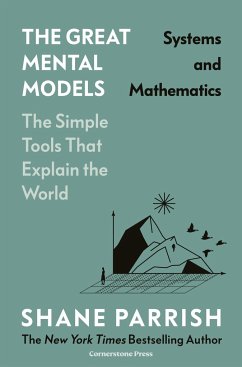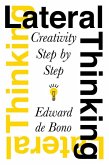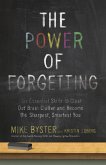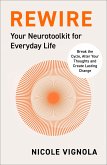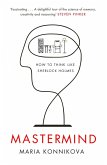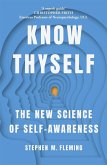Time and time again, great thinkers like Warren Buffett and Charlie Munger have credited their success to mental models: simple representations of how the world works that can be applied in a wide array of contexts. Mastering a small number of these concepts enables you to rapidly grasp new information, identify patterns others don't, and better anticipate outcomes. The Great Mental Models introduces the most powerful models that anyone can use right away to improve decision making and productivity. In this volume, Shane Parrish introduces simple frameworks borrowed from mathematical and systems thinking, including:Regression to the mean: Over or underperformance over time tends to balance out to the average. Margin of safety: To create a robust system, design for the most extreme possible scenario to avoid catastrophe if it does arise. The law of diminishing returns: The return on any investment, whether money, time or attention, tends to reduce with each additional unit. Building a latticework of mental models is one of the most powerful things you can do to become a better thinker, leader, or creator. The Great Mental Models is the accessible guide you need to unlock this ability.

